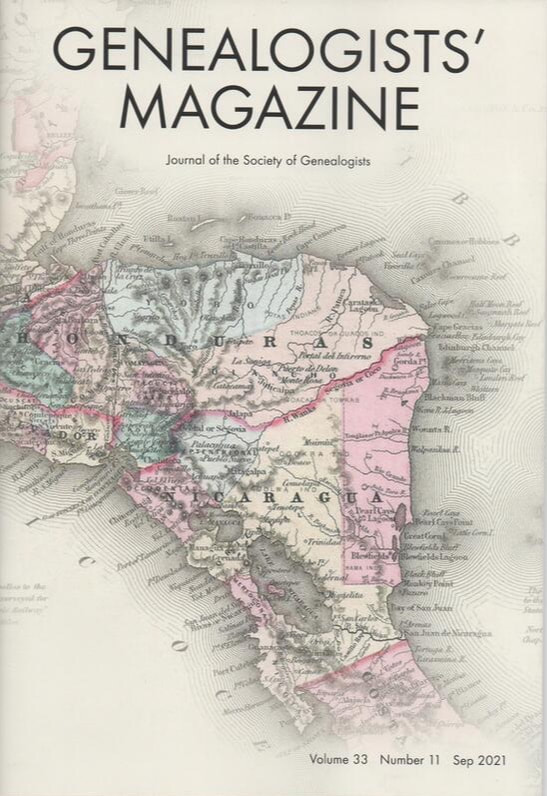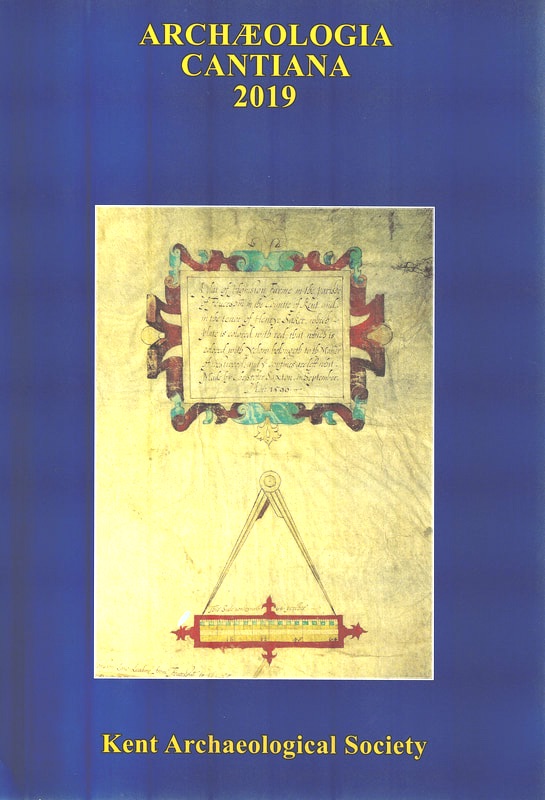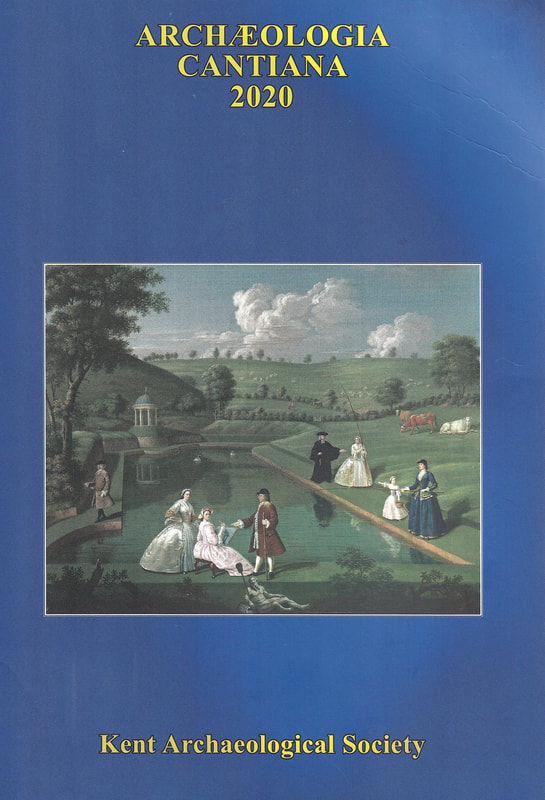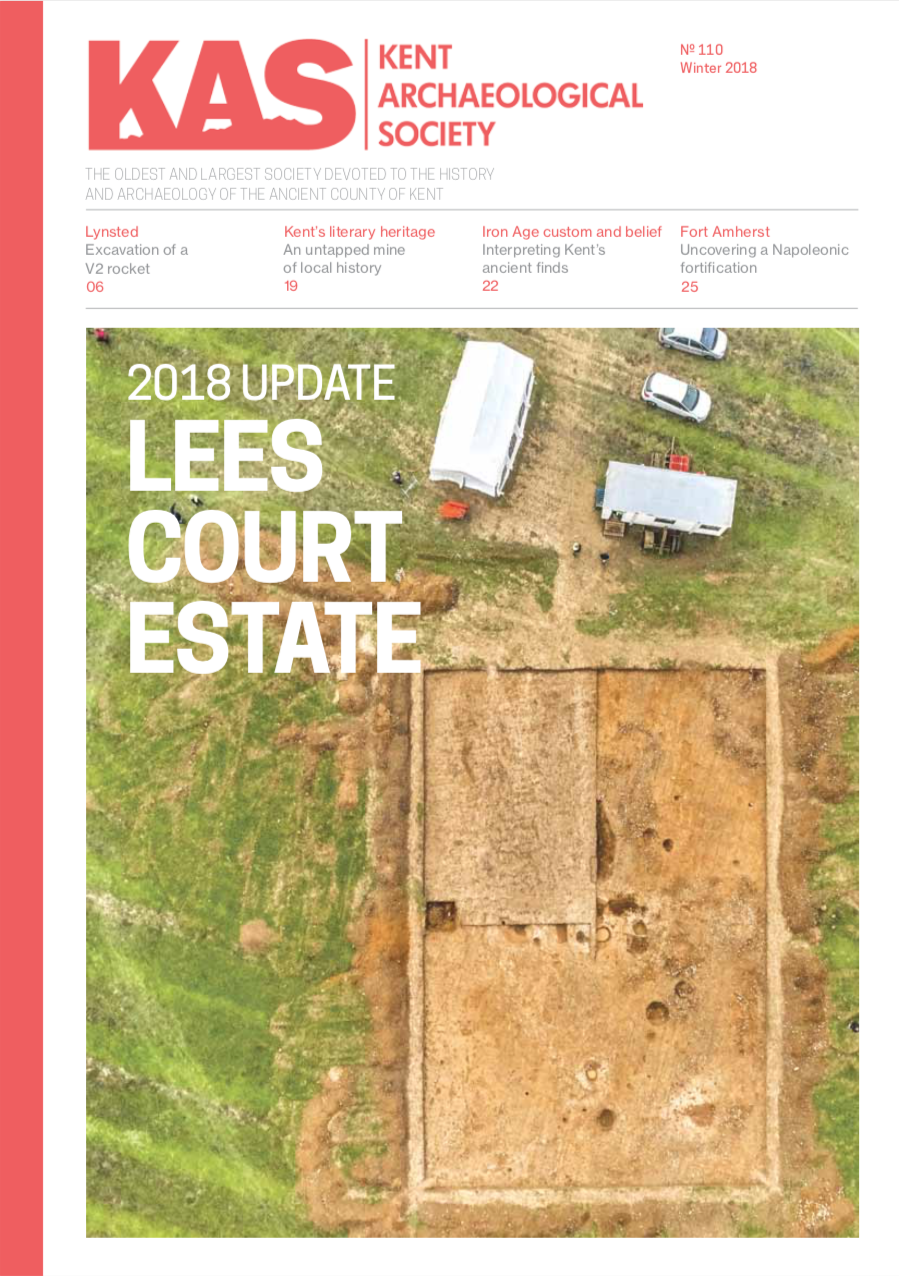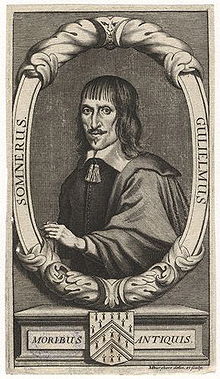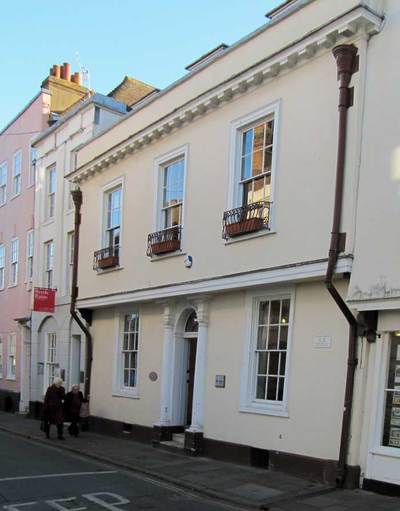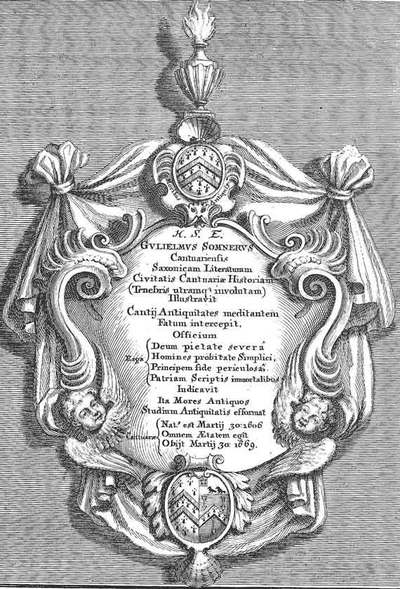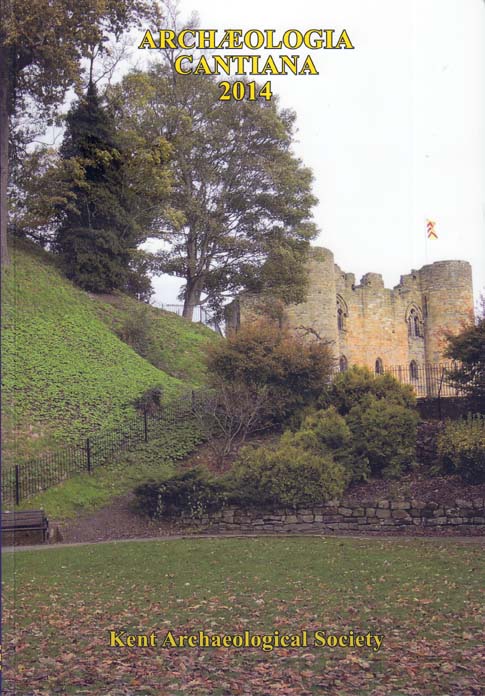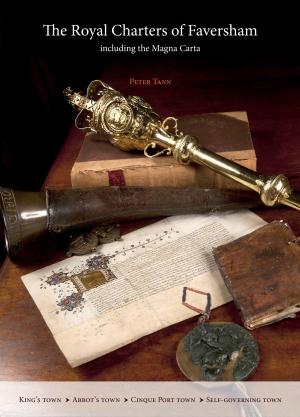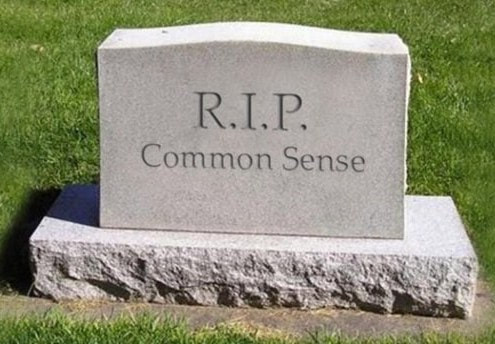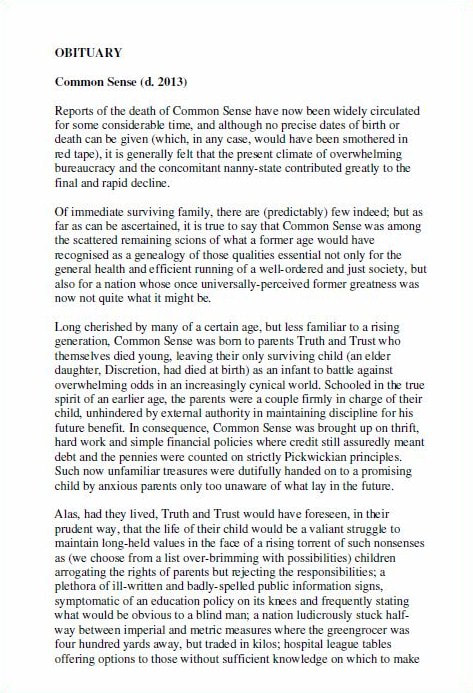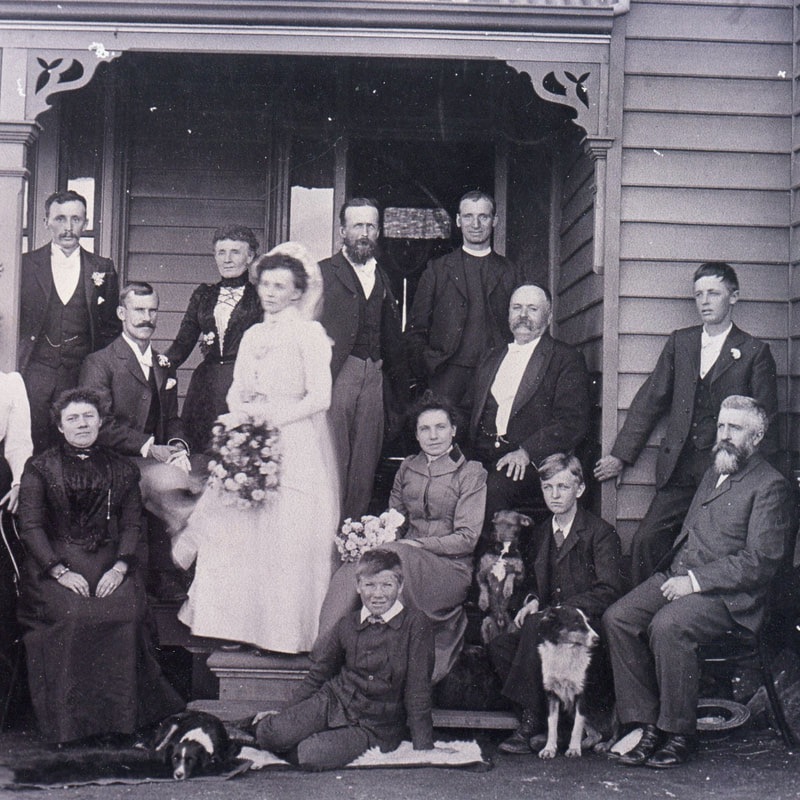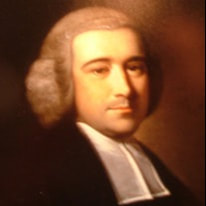Published Articles |
Published Articles and other Contributions
|
David Wright continues to write articles for magazines and other scholarly publications. A short selection are presented here:
|
|
Genealogists' Magazine Vol.33 No.11
|
CITY OF CANTERBURY CONSOLIDATED PROBATE INDEX
by David Wright, MA, PhD, FSA, FSG, FHG This article is based on the gradual construction of a consolidated probate index for the city of Canterbury and its seventeen parishes and various extra-parochial places both within and without the walls which comprise the modern conurbation. The cathedral city of England’s oldest diocese (which comprised the eastern two-thirds of the ancient county) lay some fifty-five miles from London and was directly accessible from the capital along the Roman Watling Street. Three separate probate courts had jurisdiction over the city and diocese: overriding all others was the Prerogative Court of Canterbury, latterly housed at Doctor’s Commons, St Benet Paul’s Wharf, in the City of London.
|
The index currently includes these entries for the City of Canterbury:
Prerogative Court of Canterbury
wills 1383-1858 and administrations 1559-1660 and 1853-1858
Archdeaconry Court of Canterbury
wills and administrations 1731-1858
Consistory Court of Canterbury
wills and administrations 1720-1858
All original entries have been examined to gain the maximum details about each individual which are frequently not shown elsewhere. You may now for example extract all people living in one parish or perhaps all the members of the city's almshouses or silkweaving industry. All the PCC entries are available at The National Archives; the two local courts at Canterbury Cathedral Archives.
Prerogative Court of Canterbury
wills 1383-1858 and administrations 1559-1660 and 1853-1858
Archdeaconry Court of Canterbury
wills and administrations 1731-1858
Consistory Court of Canterbury
wills and administrations 1720-1858
All original entries have been examined to gain the maximum details about each individual which are frequently not shown elsewhere. You may now for example extract all people living in one parish or perhaps all the members of the city's almshouses or silkweaving industry. All the PCC entries are available at The National Archives; the two local courts at Canterbury Cathedral Archives.
The Society of Genealogists, September 2021
Archaeologia Cantiana Vols. 140 & 141
'Devotion to the uncovering and recording of a nation's language and a city's antiquities': The life of Willian Somner of Canterbury (1606-1669).
William Somner, 1606-1669, was one of Kent's greatest sons and one of England's greatest antiquaries. We are now a little way beyond his 350th anniversary which was celebrated. in Canterbury in March 2019 with an exhibition of his books and manuscripts in the cathedral archives followed by a colloquium at Christ Church University. A large and scholarly gathering enjoyed seeing his 'Antiquities of Canterbury' of 1640, the earliest and probably the best of the pioneering county histories, as well as the extraordinary Anglo-Saxon-Latin-English Dictionary of 1659, the parent of all succeeding ones. We were then regaled by four speakers, all experts in their fields, on Somner's relationship with Laud, his printed works, especially the Dictionary, and his bibliographic legacy. My life of this remarkable pioneer has now been published in Archaeologia Cantiana, Volumes 140 and 141 for 2019-2020, and is based solidly on his extensive books and manuscripts held in the Cathedral Archives.
|
|
William Somner, Kentish Scholar
|
Article by David Wright, No.110, Winter 2018
William Somner (1606-1669) was one of the great English scholars of the seventeenth century. Somewhat forgotten today, his reputation is in need of restoration as we approach his 350th anniversary.
|
Archaeologia Cantiana Vol. 135
|
The Earliest Parish Registers of the Diocese of Canterbury:
some Observations, Questions and Problems All genealogists (with a bit of luck) will trace one or two lines of their family tree back to the Tudor period and the reign of the first Elizabeth. They will then be dependent upon surviving parish registers for the basic details of baptism, marriage and burial of those distant ancestors. Thomas Cromwell ordered parish registers to be kept from 1538, and although many hundreds of such volumes have survived, using and interpreting them can present many problems: is the first register an original or one of the many copies ordered to be made in 1598? Do the original paper and copy parchment books still both exist in order to see whether the copying process was full and accurate?
|
During the Civil War and Commonwealth period many ministers were ejected with the consequent abandonment of register-keeping and the appointment of government functionaries as temporary replacements for a a few years before the restitution of the parish minister. How well or badly were registers then kept? Marriages for some parishes over these few years often give substantial amounts of genealogical detail - far more than would ever be recorded later on.
The answers to these and other fascinating problems may be found in my article in the present Archaeologia Cantiana (Volume 135, pp 153-187: 2014), which is based on long familiarity with the several hundred parishes in East Kent.
The answers to these and other fascinating problems may be found in my article in the present Archaeologia Cantiana (Volume 135, pp 153-187: 2014), which is based on long familiarity with the several hundred parishes in East Kent.
The Royal Charters of Faversham
|
I was approached a few years ago and asked whether I would be interested in translating the Faversham charters with a view to eventual publication. They comprise a remarkable collection of some fifteen early mediaeval charters, including a copy of Magna Carta, and unusually are still all in the possession of the town, housed in the mayor’s parlour.
I set to work and over the period of a few weeks, whilst literally locked in the room where the charters had been taken out of their great safes, I proceeded to work on the texts, taking them in chronological order from the twelfth to the seventeenth centuries. It was just as well a large table was available, as some of them are many feet wide and long. |
The county archives at Maidstone had inspected and catalogued each charter many years previously, and also compiled summary notes about the contents, but no further. Now the Faversham Society realised that the time was long overdue for full translations to reveal not only full details of the ancient rights and freedoms granted to the town by successive monarchs, but also to discover what other insights into the town’s history and individual inhabitants might come to light.
The work all done, and a splendid volume, replete with the texts and translations, excellent colour photographs, and scholarly essays on the charters and many aspects of Faversham’s history is now available from the Faversham Society or its bookshop in the Tourist Information Centre in the centre of the town. A formal launch was held in the Alexander Centre, Faversham, Kent.
The work all done, and a splendid volume, replete with the texts and translations, excellent colour photographs, and scholarly essays on the charters and many aspects of Faversham’s history is now available from the Faversham Society or its bookshop in the Tourist Information Centre in the centre of the town. A formal launch was held in the Alexander Centre, Faversham, Kent.
Published by The Faversham Society, available from Fleur de Lis Heritage Centre.
ISBN: 978-1-900214-68-1
ISBN: 978-1-900214-68-1
An Obituary to Common SenseI wrote this article as a bit of fun and I hope you enjoy reading it.
|
